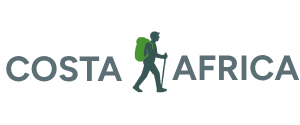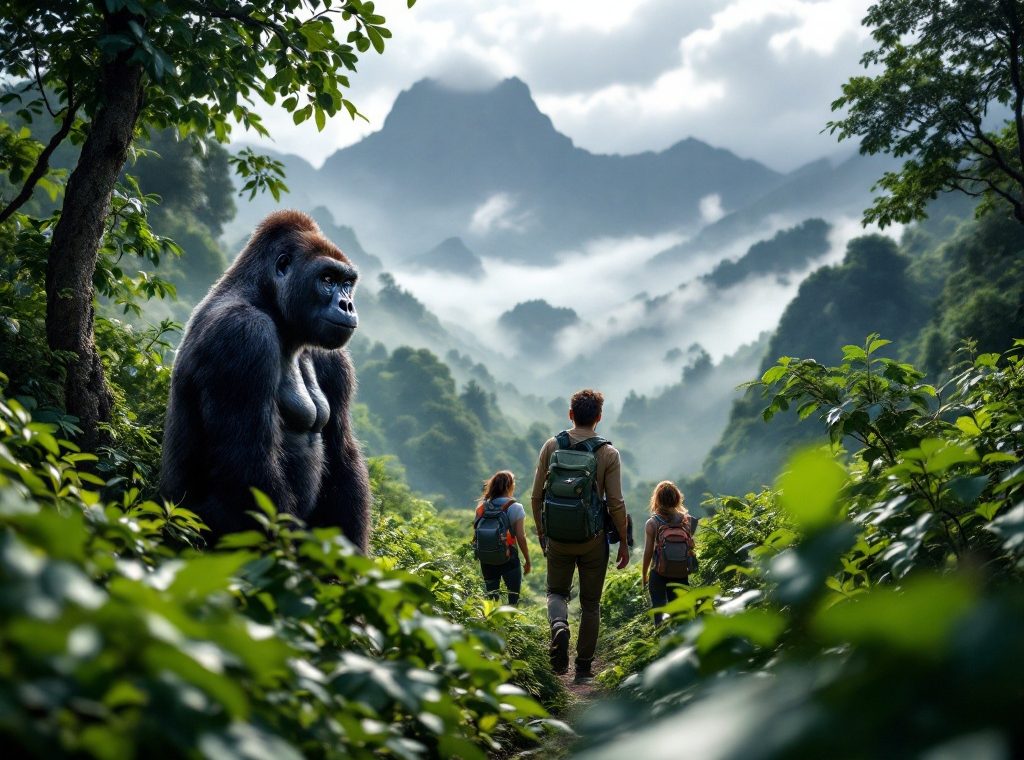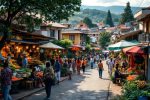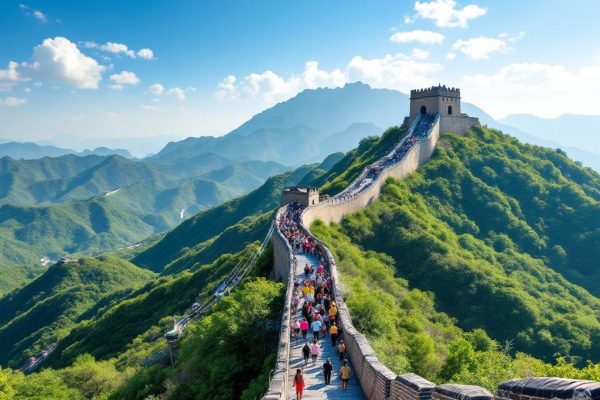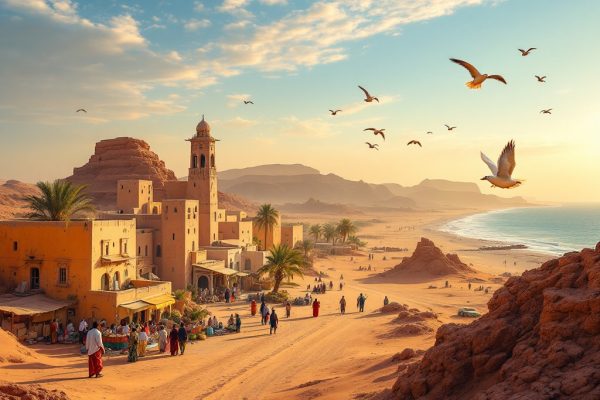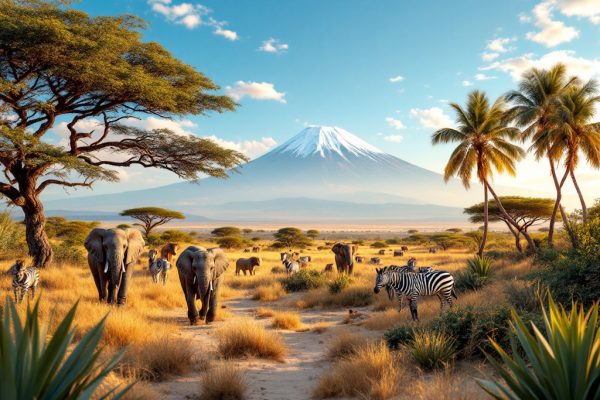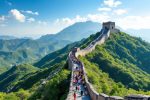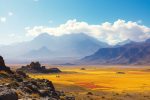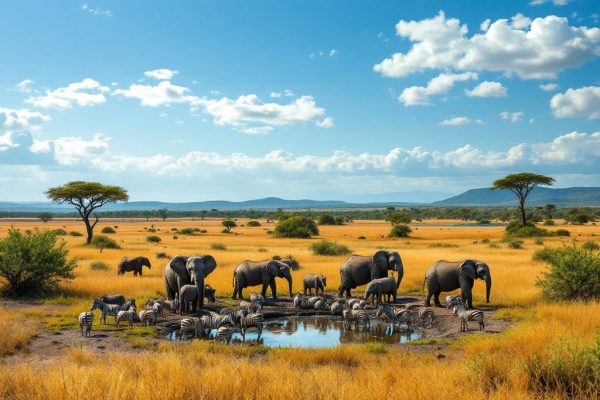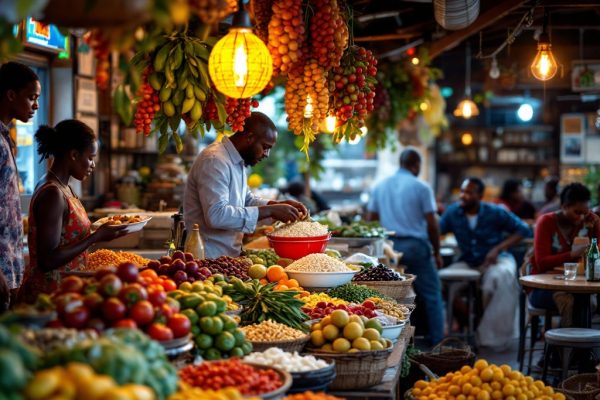How Much Does It Cost to See Gorillas in Rwanda
Dream of coming face-to-face with majestic mountain gorillas? Rwanda offers this once-in-a-lifetime experience, with permits costing $1,500. This covers park entry and vital conservation efforts. However, factor in additional expenses like accommodation, transportation, and porter services, which can range from budget-friendly to luxurious. Learn how to plan your unforgettable gorilla trekking adventure in Rwanda, from permit acquisition to budgeting tips, and make your dream a reality.
Important information
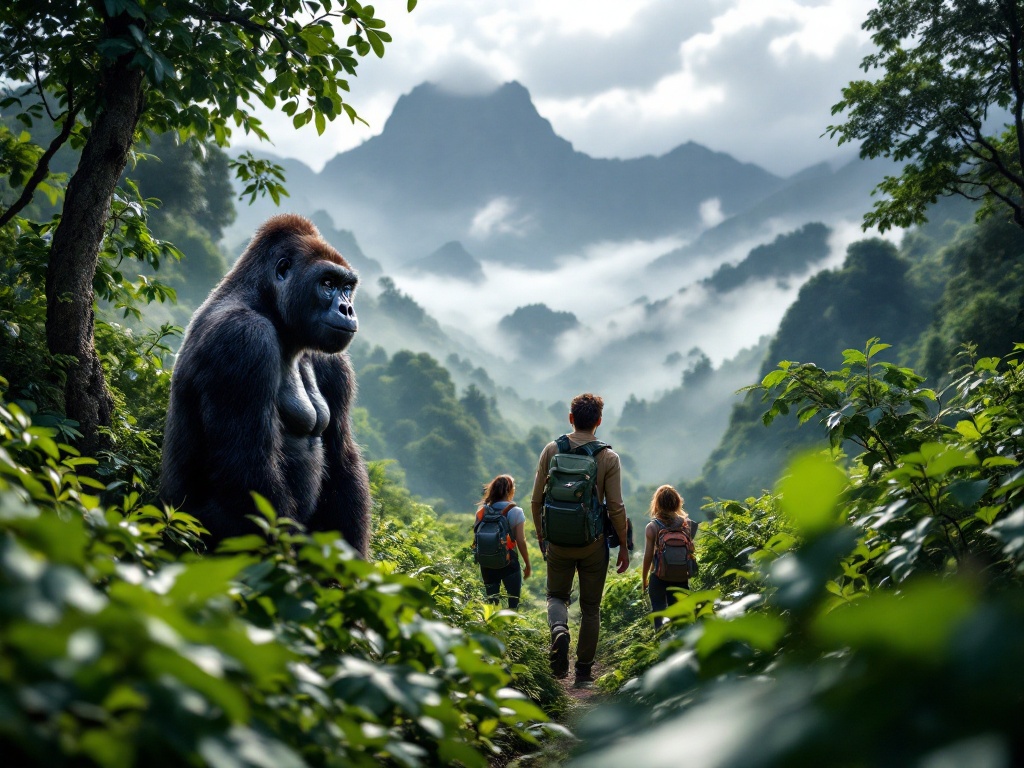
- Gorilla trekking permits cost $1,500 per person, covering park entrance and a one-hour guided trek.
- Additional expenses include accommodation, transportation, meals, porter services ($10-$20/day), and visa fees ($50).
- Costs are higher during peak season (June-September, December-February) and lower during the rainy season (March-May, November).
- Booking permits 6 months in advance is recommended, especially for peak season travel.
- Tour operators simplify the booking process by handling permits, transportation, and accommodation.
Understanding the Cost of Gorilla Trekking in Rwanda
Planning your gorilla trekking adventure in Rwanda requires careful budgeting. Permit prices range from $1,500 to $2,500 per person, with the average trek costing around $1,250. This excludes additional costs such as accommodation, transportation, meals, and porter services.
Trekking Costs
Permit: $1,500 – $2,500 per person, Average Trek Cost: $1,250 (excluding accommodations, transportation, meals, and porter services).
Additional Expenses
- accommodation,
- transportation,
- meals,
- porter services,
- visa fees,
- guide tips,
- optional activities (e.g., nature walks).
Prices can vary based on the season and your preferred level of comfort. Luxury accommodations and increased travel distances to Volcanoes National Park will contribute to a higher overall cost. Plan your budget accordingly to ensure a memorable and financially manageable gorilla trekking experience in Rwanda.
What is the Cost of Gorilla Permits in Rwanda?
In Rwanda, the $1,500 gorilla permit covers both the permit itself and park entrance. This significant expense unlocks an unforgettable encounter with these remarkable creatures.
Factors Influencing Gorilla Trekking Costs
Several factors influence the price of a gorilla trekking adventure in Rwanda. During peak season, expect higher permit and lodging costs. Your accommodation choices, from budget-friendly to luxurious lodges, significantly impact the overall expense. Consider additional activities like guided hikes and cultural tours, which add to the total. Transportation to the parks and optional porter services also influence the final price.
Factors Influencing Gorilla Trekking Costs
- Seasonality: peak season equates to higher permit and lodging costs.
- Accommodation: choices range from budget-friendly to luxury lodges, impacting overall expense.
Additional Cost Considerations
- Activities: guided hikes and cultural tours add to the total cost.
- Transportation and Porter Services: park transportation and optional porters influence the final price.
Careful planning and consideration of these factors will ensure an effective budget.
Why Gorilla Trekking is Considered Expensive
While expensive, gorilla trekking permits play a crucial role in conservation. A substantial 75% of the fee directly supports vital anti-poaching patrols, research, and habitat preservation.
The remaining 10% funds community projects through revenue sharing. This investment not only safeguards the endangered mountain gorillas but also benefits neighboring communities, making the permit cost a valuable contribution to long-term conservation efforts.
Breakdown of Gorilla Trekking Expenses in Rwanda
Planning your gorilla trek in Rwanda? Here’s what you need to know:
Permits
Gorilla trekking permits cost $1500 per person. This fee covers your entrance to Volcanoes National Park and contributes to crucial conservation efforts.
Accommodation
A range of accommodation options are available near the park, from budget-friendly guesthouses to luxurious lodges. Prices vary depending on the amenities offered.
Transportation
Getting to Volcanoes National Park from Kigali takes approximately 2-3 hours. You can travel by rental car, private driver, or public transport.
Visa and Porter
Most nationalities require a visa to enter Rwanda (fees vary). Hiring a porter is optional but recommended. For $10-$20 per day, a porter will carry your luggage and provide support during your trek.
Gorilla Permit and Entrance Fees
Experiencing Rwanda’s gorillas is truly unforgettable. A permit costs $1500, but it covers more than just park entry and a guided hour with these magnificent creatures. This fee also contributes to crucial conservation efforts and supports local communities.
It’s important to remember that the permit price doesn’t include transport, lodging, and food. Factor these additional expenses into your travel budget to ensure a smooth and enjoyable gorilla trekking experience.
Accommodation Costs for Gorilla Trekkers
Planning a trip to Volcanoes National Park? You’ll discover various accommodation options to suit your budget and preferences. These range from economical hostels and guesthouses to upscale lodges and luxurious resorts. Lodges often provide added benefits such as guided nature walks and comfortable amenities. However, remember to factor in potential extra costs like transportation, meals, and porter service. With adequate planning, your Volcanoes National Park experience will be truly memorable.
Transportation Costs to National Parks
Getting to Volcanoes National Park usually requires a private 4×4 vehicle with a driver. This typically costs between $80 and $150 per day. The final price depends on factors like whether you’re picked up in Kigali or Ruhengeri and your planned itinerary. Some tours include transportation, but public transport isn’t an option for reaching the gorilla trekking starting point within the park.
Additional Costs: Visa Fees and Porter Services
A single-entry tourist visa for Rwanda costs $50. Porter services are optional but recommended, costing around $10-$20. Porters assist with backpacks and provide valuable support during the trek, easing the journey considerably.
Gorilla Trekking Logistics and Booking Process
Planning your gorilla trekking adventure? Securing a permit is essential. You can obtain a permit directly through the Rwanda Development Board. Alternatively, consider using a tour operator to simplify the process. Book your permit well in advance, as availability is limited, especially during peak season. Tour operators provide valuable support, from managing bookings and logistics to guiding your trek. They can secure not only your gorilla trekking permits but also accommodations and transportation to Volcanoes National Park, ensuring a seamless experience.
Booking options
- Rwanda Development Board, directly.
- Through a tour operator (recommended for ease of booking).
Tour Operator Benefits
- Streamlined booking process.
- Logistics management.
- Guided treks.
- Accommodation arrangements.
- Transportation to Volcanoes National Park.
Remember to book your permit well in advance, especially if traveling during peak season, to avoid disappointment.
How to Obtain a Gorilla Permit
Secure your gorilla trekking permit in Rwanda from the Rwanda Development Board or a tour operator. Book in advance, especially during peak season, due to limited availability. Your permit includes a one-hour encounter with gorillas, park entry, and a guide. It also supports gorilla conservation and local communities. Prepare for an unforgettable adventure.
Importance of Advance Booking for Gorilla Trekking
Gorilla trekking permits are limited and often sell out, especially during peak season. Booking your permit six months in advance secures your spot and helps with trip planning.
This also allows you to arrange accommodations and transportation early.
Role of Tour Operators in the Booking Process
Booking with a Tour Operator
Planning your gorilla trekking adventure becomes significantly simpler with a tour operator. They handle crucial aspects such as securing permits, arranging transportation, booking lodging, and managing other logistical details, effectively streamlining the entire planning process. This allows travelers to fully immerse themselves in the experience rather than getting bogged down in planning. Moreover, tour operators often provide valuable insights and expertise, recommending the optimal visiting times and suggesting complementary activities to enhance your trip.
Direct Booking
Alternatively, direct booking through the relevant authorities offers potentially greater flexibility in tailoring your itinerary. However, it entails a more complex planning process, requiring you to manage all logistics independently. This includes acquiring permits, arranging transport, and securing accommodation, demanding more time and effort in preparation.
Gorilla Trekking Experience in Rwanda
Experience the thrill of a Rwandan gorilla trek during the high season (June to September and December to February) or opt for a more budget-friendly adventure in the low season (March to May and October to November). Fewer crowds during the low season provide a more intimate wildlife experience. For an unparalleled encounter, consider gorilla habituation, which offers four unforgettable hours observing a gorilla family in their natural habitat. While more expensive, this immersive experience is truly worth the investment.
Seasonal Considerations: High Season vs Low Season
For optimal trekking conditions, visit during the dry season, which runs from June through September and December through February. Trails are dry and easy to navigate during these months.
The rainy periods (March to May and November) also offer unique advantages. While rain creates muddy, challenging trails, it also brings lower prices and fewer crowds, a compelling prospect for some adventurers.
Gorilla Habituation Experience: Is it Worth the Cost?
Imagine spending four hours immersed with a gorilla family, an experience far beyond the typical one-hour trek. This habituation experience offers a deeper connection, but at a premium. Is this richer encounter worth the investment? Weigh this carefully alongside additional costs like transport, lodging, food, and porter services.
